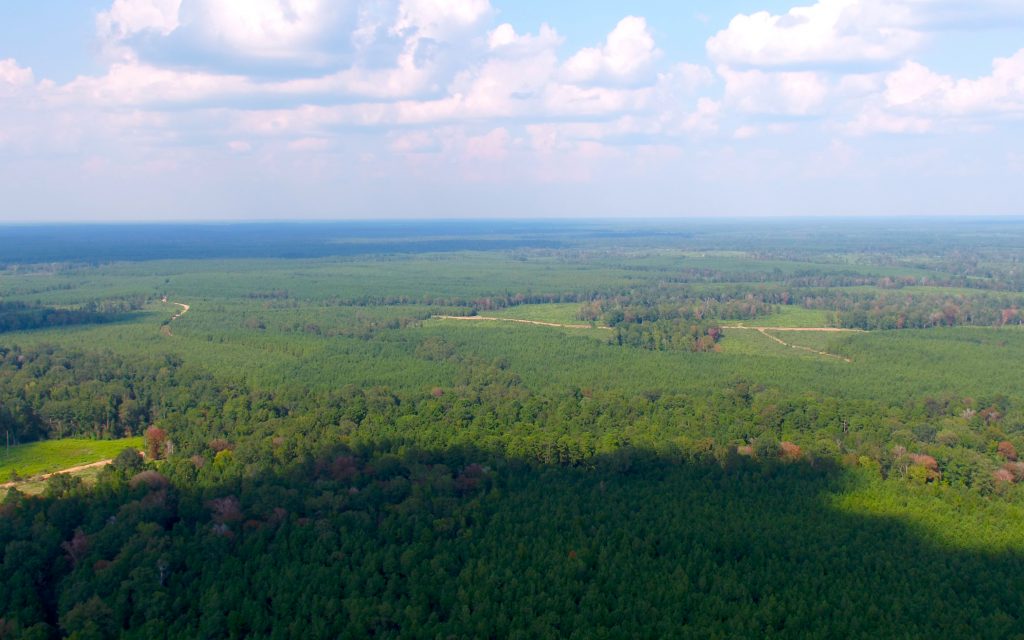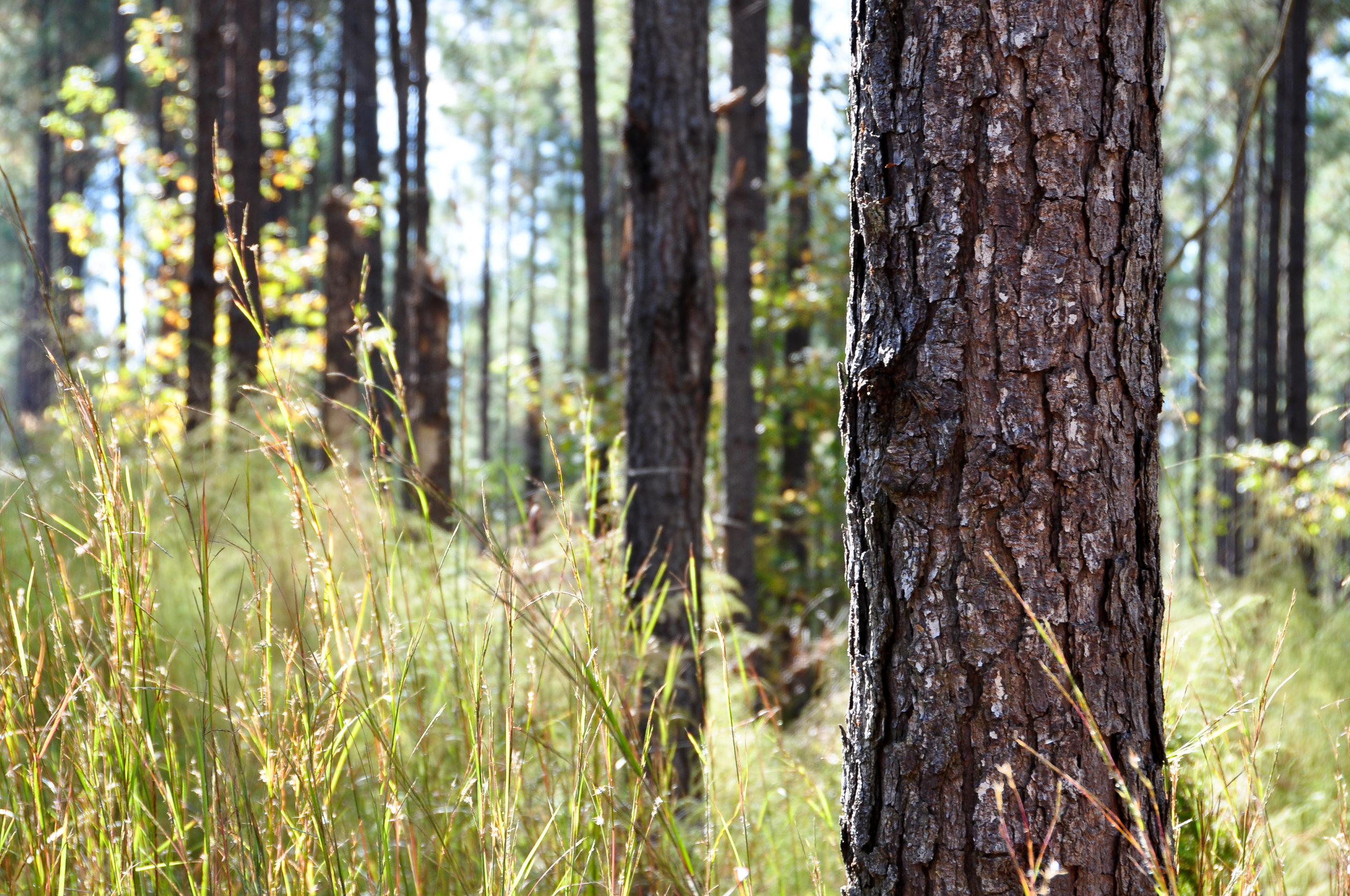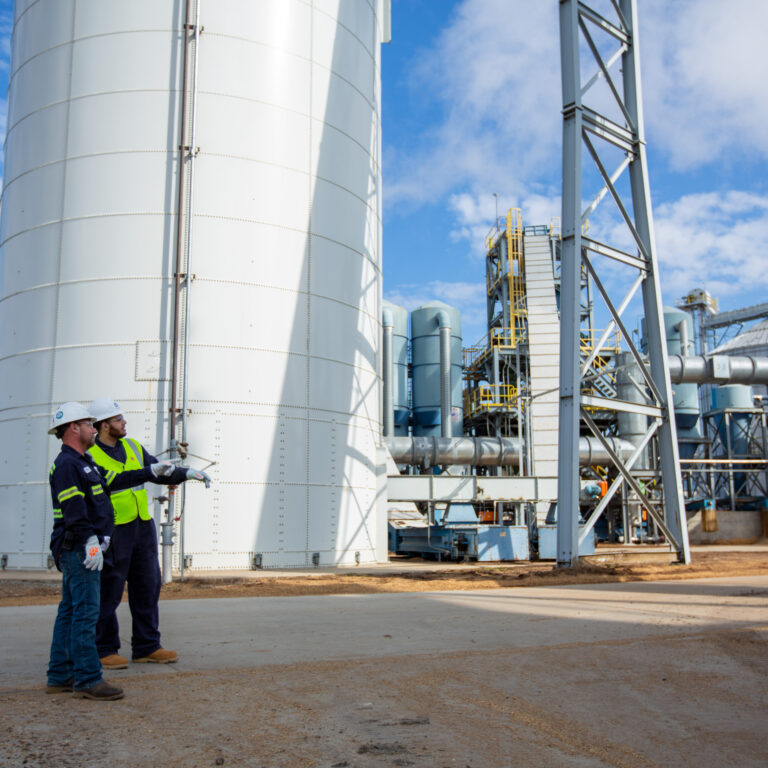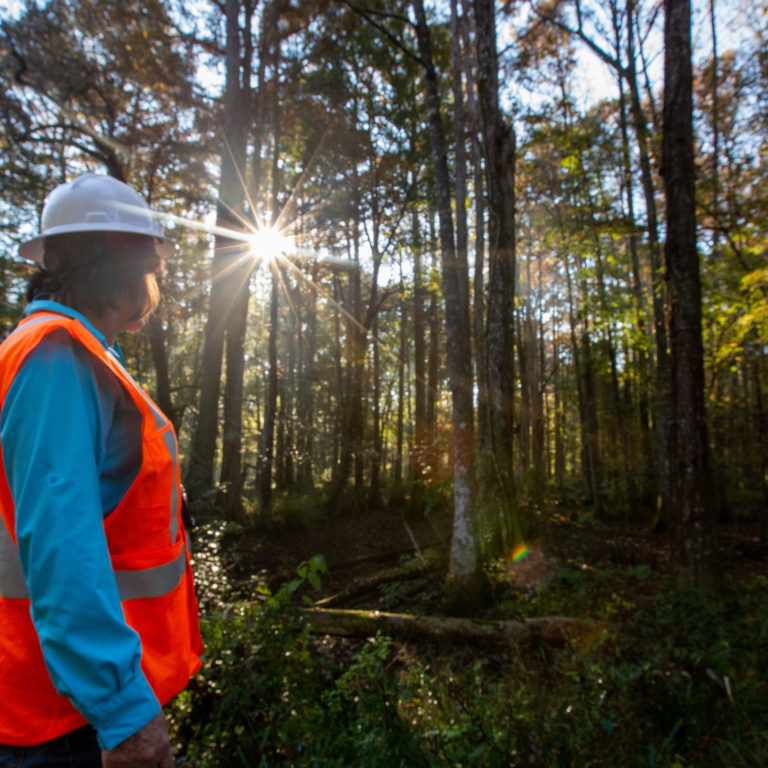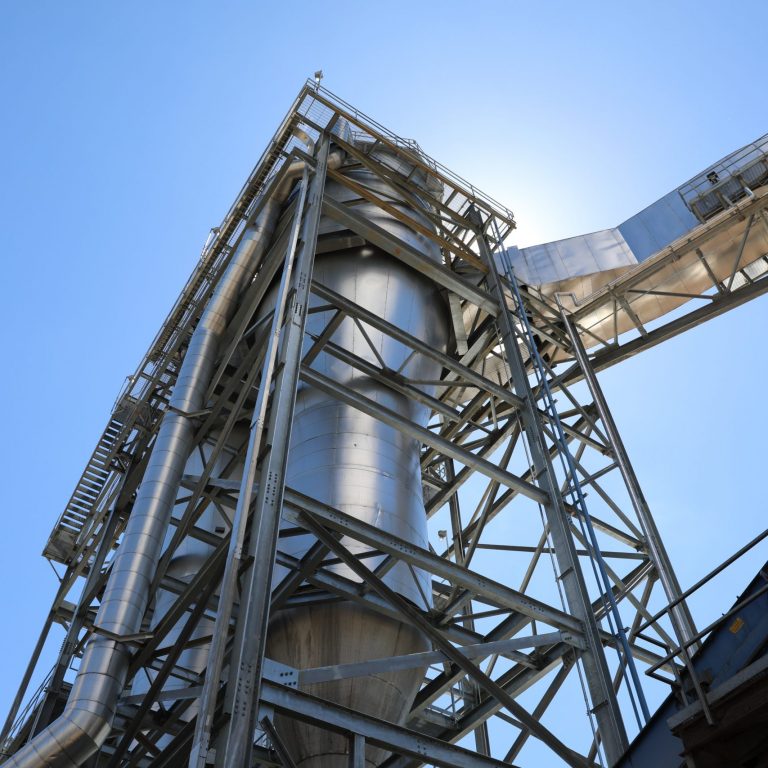An Independent Advisory Board (IAB), led by former UK government chief scientific adviser Sir John Beddington, was appointed by Drax in October when it published a strengthened sourcing policy to ensure the biomass it uses to produce 12% of Britain’s renewable electricity meets the highest sustainability standards.
In its first report the IAB has found that Drax’s sustainable biomass sourcing reflects the recommendations made by Forest Research – the research agency of the Forestry Commission, which is widely considered to be the industry gold standard.
Drax Group CEO Will Gardiner said:
“The work of the IAB is vital in guiding and challenging us to be as sustainable and transparent as we can be. I am reassured to know that our existing policies reflect the Forestry Commission’s recommendations and we’ll continue to work with the Board to strive for greater excellence across our operations.
“We recently announced our ambition to become the world’s first carbon negative company by using sustainable biomass with carbon capture and storage technology. To achieve this, we need to go further in our efforts to lead the world on biomass sustainability standards, positively contributing to our climate, the environment and the communities in which we operate.”
The IAB also recommended consideration is given to a review of existing evidence on sustainable biomass to advance understanding among academics, policy makers and environmental groups.
Such a “restatement of evidence” would be aimed at fostering agreement amongst scientists and environmental groups on the role of sustainable biomass, sharing information with third parties on Drax’s operations and using scientific evidence to identify points of agreement, disagreement and areas which need further study.
The IAB’s chair John Beddington said:
“It’s a complex area to navigate and if some common ground based on the scientific evidence can be agreed, it creates a framework to help ensure the right types of biomass are used which make the greatest contribution towards addressing the climate emergency.”
The UK’s Committee on Climate Change has said that biomass will play a critical role in achieving the UK’s 2050 net zero target.
The IAB, which meets twice a year, will produce a written report of its conclusions and recommendations for Drax after its meetings and a summary of these will be published on the Drax website. The IAB held its first meeting on November 15, 2019.
ENDS
Media contacts
Ali Lewis
Drax Group Head of Media & PR
[email protected]
07712 670 888
Editor’s Notes
Forest Research (2018) Biomass Carbon Impacts, report for the European Climate Foundation has been cited by a number of organisations including the UK Committee on Climate Change in its Biomass in a Low Carbon Economy report.
Drax set up the IAB in 2019 alongside its new strengthened biomass sustainability policy, which goes beyond existing regulations, to ensure the company’s biomass sourcing continues to improve with the latest science and best practice.
The “restatement of the evidence” the IAB has suggested is an independently run process based on input from scientists with varying points of view, consultation with industry, non-governmental organisations and policy makers.
Sir John Beddington also said in his letter to Drax that the board wanted to explore how science regarding the use of early thinnings and small roundwood can further develop. Drax has initiated a programme of independent analysis on the environmental and economic impacts in the areas where it sources its wood. It will be sharing this with the IAB for its scrutiny and insight.
The IAB acts as a forum for engagement between sustainable biomass experts and Drax and is tasked to advise and give feedback on feedstock options, sourcing decisions, procurement practices, forest science and forest carbon science.
The IAB also advises on the role of biomass in Drax’s climate change mitigation activities and in supporting the transition to a net zero energy system, as well as providing insight on society’s expectations for responsible and sustainable biomass.
- Members of Drax’s Independent Advisory Board are:
- Professor Sir John Beddington (Chair) – former UK Government Chief Scientific Adviser
- Professor Lord John Krebs (Vice Chair) – Emeritus Professor of Zoology, University of Oxford and crossbench member of the House of Lords
- Virginia Dale – Adjunct Professor, University of Tennessee
- Professor Sam Fankhauser – Director of the LSE Grantham Institute
- Elena Schmidt – Standards Director, Roundtable on Sustainable Biomass
- Forest Research (Ex-Officio) – A representative from Forest Research, the UK’s primary organisation for forest science will also join the Board in an ex-officio capacity
- The Board provides independent advice to Drax on:
- The role of biomass in Drax’s climate change mitigation activities and in supporting the transition to a net zero energy system
- Feedstock options, sourcing decisions, forest science, forest carbon science and how Drax can optimise carbon impacts
- Procurement practices
- Societal expectations for responsible and sustainable biomass
- And gives feedback and recommendations on Drax’s sustainable biomass approach and performance
- More information on the Board can be found here
- Drax’s biomass sourcing policy has four key commitments:
- To reduce CO2 emissions
- To protect the natural environment
- To support people and communities
- To carry out research, outreach and intervention
- More information on Drax’s biomass sourcing policy can be found here
- In December, Drax published the first in a series of independent reports on the environmental and economic impacts in the areas where it sources its wood.
- Hood Consulting’s report highlighted the positive role the Amite Bioenergy pellet plant has had in the region supporting the health of western Mississippi’s forests and its economy.
About Drax
Drax Group’s purpose is to enable a zero carbon, lower cost energy future. Its 2,900-strong employees operate across three principal areas of activity – electricity generation, electricity sales to business customers and compressed wood pellet production.
Power generation:
Drax owns and operates a portfolio of flexible, low carbon and renewable electricity generation assets across Britain. The assets include the UK’s largest power station, based at Selby, North Yorkshire, which supplies five percent of the country’s electricity needs.
Having converted two thirds of Drax Power Station to use sustainable biomass instead of coal it has become the UK’s biggest renewable power generator and the largest decarbonisation project in Europe.
Its pumped storage, hydro and energy from waste assets in Scotland include Cruachan Power Station – a flexible pumped storage facility within the hollowed-out mountain Ben Cruachan. It also owns and operates four gas power stations in England.
Customers:
Drax owns two B2B energy supply businesses:
- Haven Power, based in Ipswich, supplies electricity and energy services to large Industrial and Commercial sector businesses.
- Opus Energy, based in Oxford, Northampton and Cardiff, provides electricity, energy services and gas to small and medium sized (SME) businesses.
Pellet production:
Drax owns and operates three pellet mills in the US South which manufacture compressed wood pellets (biomass) produced from sustainably managed working forests. These pellet mills supply around 20% of the biomass used by Drax Power Station in North Yorkshire to generate flexible, renewable power for the UK’s homes and businesses.
For more information visit www.drax.com/us





